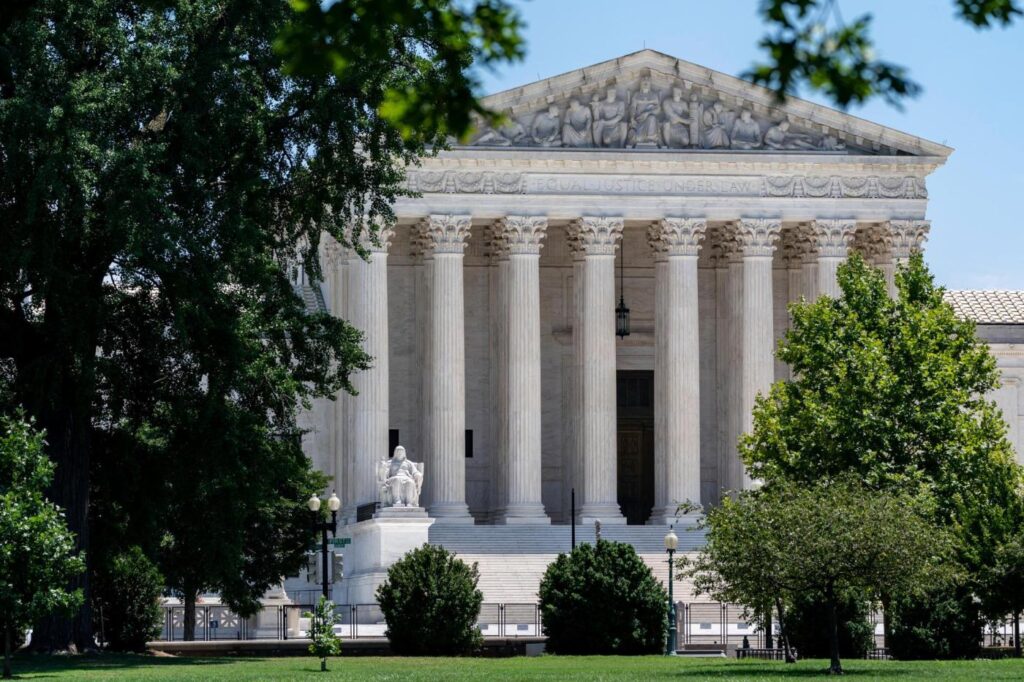
The federal government has the power to forgive federal student loan debt. What was at issue in the two cases the United States Supreme Court recently decided was whether the president could order it without specific authorization by Congress.
“The question here is not whether something should be done; it is who has the authority to do it,” Chief Justice John Roberts wrote in his opinion for the court in the 6-3 decision. Citing the Supreme Court’s recent decision in West Virginia v. EPA, Roberts said that given “the ‘economic and political significance’ of [the] assertion” that the 2003 HEROES Act gave the Secretary of Education “the authority, on his own, to release 43 million borrowers from their obligations to repay $430 billion in student loans,” the court found that there was “reason to hesitate before concluding that Congress meant to confer such authority.”
If you pay taxes in the United States, or if you care about the taxes your children and grandchildren will have to pay, breathe a sigh of relief. Had the court not ruled as it did, this president and all future presidents would have been able to sign executive orders that directed money from the U.S. Treasury to any interest group or voting bloc, any time, regardless of the cost and with no limits of any kind.
This was a narrow escape. Before considering the merits of the case, the Supreme Court first had to determine if any of the plaintiffs had “standing” to bring a lawsuit challenging the nearly half-trillion-dollar student loan forgiveness program. A lower court had thrown out the case on the grounds that none of the six states challenging the program had standing, but six of the justices on the Supreme Court found that at least one of the states, Missouri, could demonstrate an “injury” from the cancellation of student debt, because a state-created entity was collecting fees for servicing the loans.
That’s how close we came to having the executive branch usurp “the power of the purse” from the 435 elected representatives in Congress. In two separate cases with a total of eight plaintiffs, one of the plaintiffs was found to have standing by just six of the nine Supreme Court justices. A lawsuit by two individuals who said they were treated unfairly by the debt cancellation program was turned away by the justices for lack of standing.
It’s not enough to be a taxpayer seeking to enforce the constitutional separation of powers. To have standing, a plaintiff must show a direct connection or an injury.
But we are all injured, as are future generations, when the public treasury becomes a slush fund to buy votes. It’s bad enough when Congress does it, but when the White House does it, it’s unconstitutional.
With arrogant dismissiveness, President Biden has embarked on a new scheme to promise student debt forgiveness, this time through the Higher Education Act, a law that requires a lengthy federal rulemaking process. Like the HEROES Act, the Higher Education Act allows some waivers and loan modifications but has never been used to broadly cancel hundreds of billions of dollars in debt.
The new plan will almost certainly be challenged in court, but two elections could go by before it’s struck down as unconstitutional. Voters shouldn’t fall for it again.
